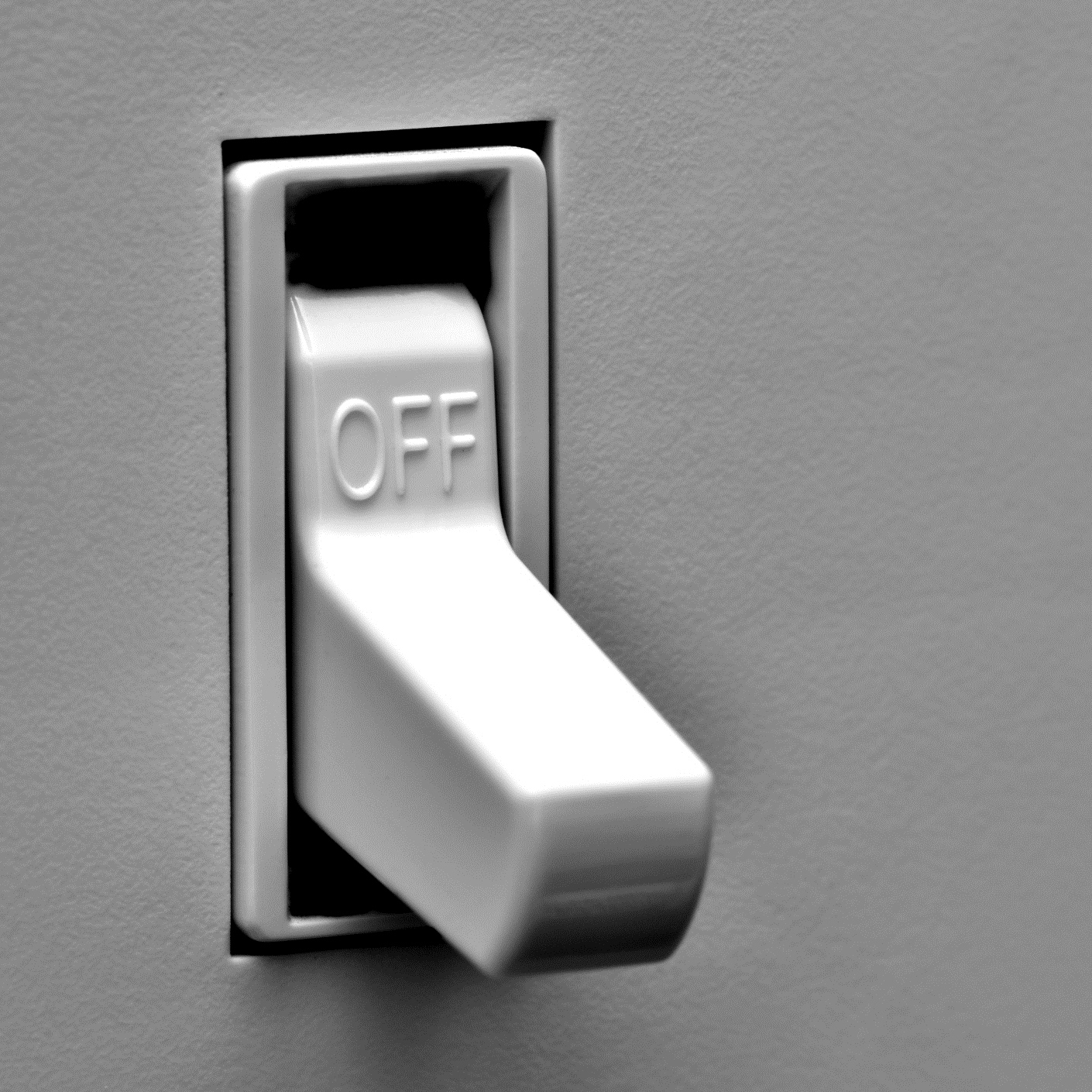Infrastructure
Puerto Rico Moves to Privatize Its Electricity, but Competition Is Also Badly Needed

Published:
Last Updated:

After nearly 40 years, Puerto Rico is finally privatizing its power utility company, the Puerto Rico Electric Power Authority (PREPA). But it may not be enough. With 36% of residents still without power four months after Hurricane Maria wiped out the electrical grid, it is competition in the power market that the island so badly needs. Puerto Rico is, by many standards now, a third-world territory.
Puerto Rico Governor Ricardo Rossello will be forwarding legislation that aims to privatize PREPA within 18 months. The public utility has been around since 1979 and has survived both hurricanes Georges and Hugo, but Hurricane Maria was the straw — or rather the anvil — that broke the camel’s back.
Privatization alone couldn’t possibly make the situation any worse than it already is, but there is one major hurdle to the privatization of PREPA by selling it to a single private firm. Like the Puerto Rican government itself, PREPA is steeped in debt, despite having a government-granted monopoly on the electricity supply, and it has already filed for bankruptcy. If only one firm buys PREPA’s assets, will it have to pay off its $9 billion or more debt load? That depends on how the Puerto Rican government insists upon privatizing.
Rosello and other Puerto Rican officials involved could insist that one buyer take on the entirety of the debt. This would save PREPA’s creditors who would otherwise take a big hit, but it would also limit the pool of buyers and drastically lower the end price to account for liabilities. Another option is to liquidate the $9 billion debt completely, which would make it a much more attractive purchase but would undoubtedly anger bondholders.
There is a third option, however, which could satisfy bondholders, eliminate or else lower the debt significantly, and introduce competition into the electricity market. The Power Authority could simply sell off its assets piecemeal and pay off its debt with the proceeds, and whoever buys the assets would be the de facto suppliers of electricity in Puerto Rico and start competing with one another in a free market for electricity.
Privatization without competition is like a bicycle without pedals. There is no reason for a single company to buy up the entirety of PREPA’s assets. Aside from the fact that doing so would be problematic because of the debt situation, a single company need not be the sole supplier of electricity on the island. Several would be better. Like all free market competition tends to do, it would lower prices and increase service quality overall.
Dividing up the power infrastructure and introducing competition would also decrease the rampant corruption that PREPA has been infamous for, for decades. Even after the destruction in the wake of Hurricane Maria and being essentially bankrupt, PREPA still awarded a $300 million contract to a little-known company called Whitefish based in Montana with all of two employees, which rose many eyebrows and speculation of irresponsible and dangerous patronage.
Well, the jig is finally up for PREPA, and the piecemeal privatization may not only be desirable in this case, but absolutely necessary if the Puerto Rican people are going to rejoin the 20th — let alone the 21st — century.
Are you ahead, or behind on retirement? For families with more than $500,000 saved for retirement, finding a financial advisor who puts your interest first can be the difference, and today it’s easier than ever. SmartAsset’s free tool matches you with up to three fiduciary financial advisors who serve your area in minutes. Each advisor has been carefully vetted and must act in your best interests. Start your search now.
If you’ve saved and built a substantial nest egg for you and your family, don’t delay; get started right here and help your retirement dreams become a retirement reality.
Thank you for reading! Have some feedback for us?
Contact the 24/7 Wall St. editorial team.